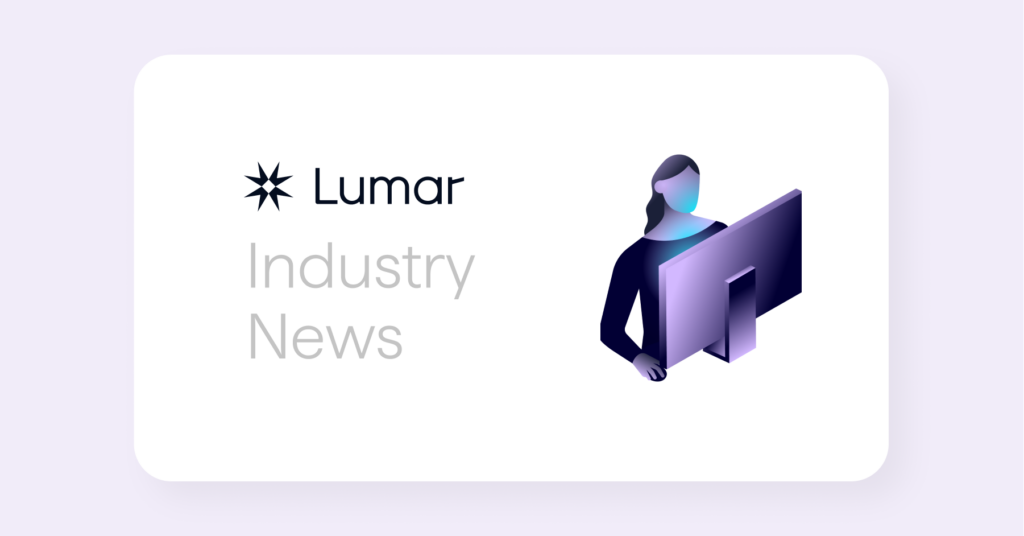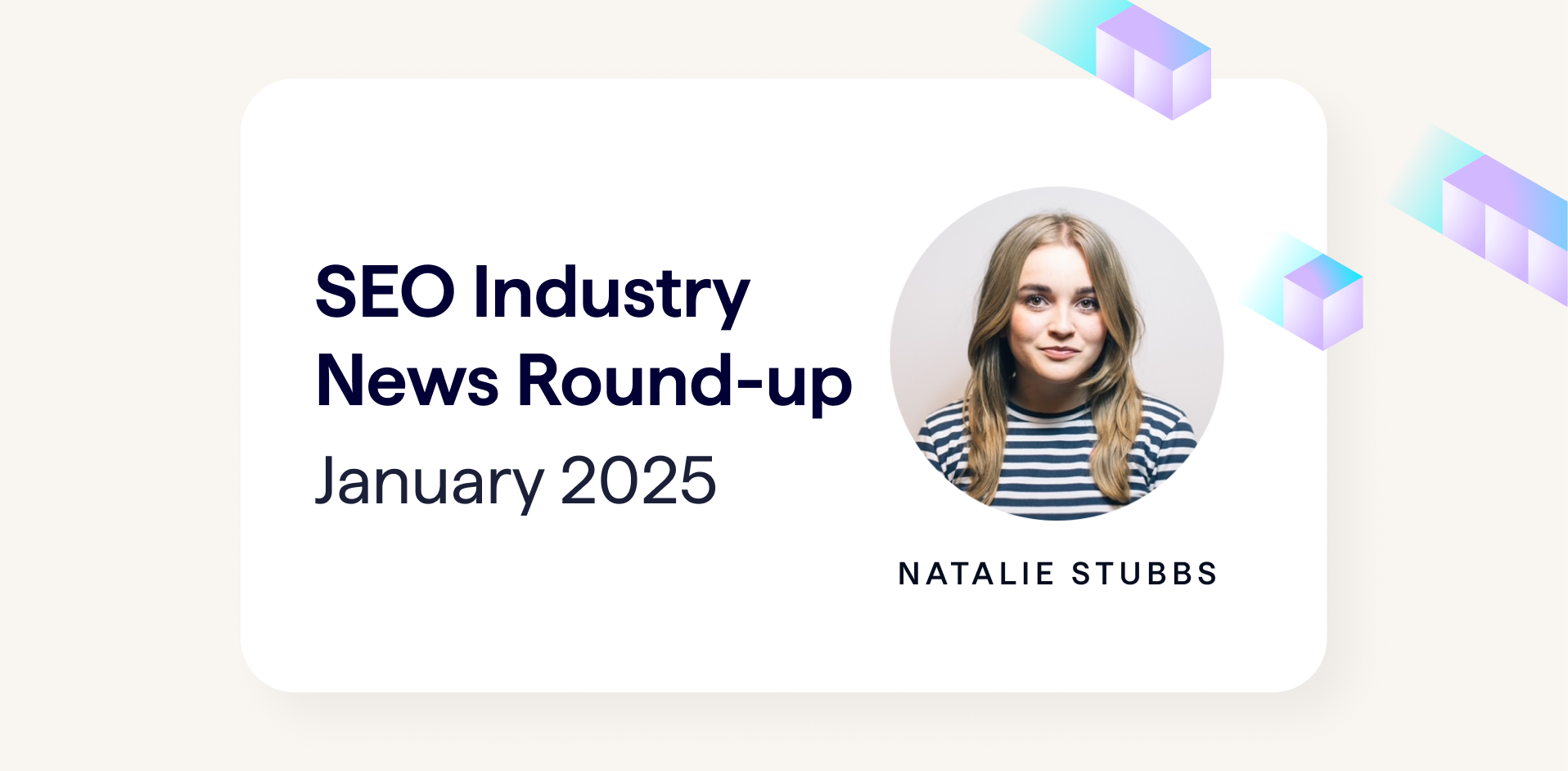Notes from the Google Webmaster Hangout on the 20th of March 2020.
Useful Text on Category Pages Helps Google
Some useful and topical text on a category page is useful as it helps Google to understand them a little better, but make sure that Google can still recognise the page’s intent as a shopping page, not an informational page.
FAQ Content Should be Specific to Each Page
Content you provide in an FAQs section should be specific to each individual page and not copied across multiple pages.
Reconsideration Requests Can Take a Month to Process
It can take Google up to a month to respond to reconsideration requests, particularly linking related issues. Google doesn’t send warnings first because they want to take immediate action when they find content with a problem.
Google Wants to Automatically Ignore Unnatural Content
Instead of applying manual penalties for unnatural content, Google wants to develop automatic solutions to ignore anything unnatural, like they already do for unnatural linking, so it won’t harm you and you won’t have to take any action. But in any situation where a penalty would be applied, the reviewer would probably take the time to look at the site.
Repeated Reconsideration Review Requests Are Not Delayed
Google will process multiple reconsideration requests without waiting for a fixed period between the reviews, but if they see a website going back and forth they might wait longer to take a look.
Sites with Reconsidered Penalties are Not Monitored More Closely
Google doesn’t monitor sites which have had a penalty and successful reconsideration request more closely afterwards, and there’s nothing that hangs around.
Use a Proxy to Test Development Sites with Google Tools
If Google’s testing tools like the Mobile-Friendly Test, won’t work with a disallowed or noindexed locally hosted development site, Google provides a guide to implementing a proxy to bypass any firewalls.
Sites With Slow Response Pages are Crawled Less
If Google can’t recrawl pages quickly enough due to poor page response times then they won’t recrawl pages as often as they would like to.
User Experience Speed Metrics Affect Rankings
The page speed metrics Google uses to rank pages is based on a real user’s rendered experience, not simply the fetch time of a page.
Rendered Page Resources Are Included in Google’s Crawl Rate
The resources that Google fetches when they render a page are included in Google’s crawling budget and reported in the Crawl Stats data in Search Console.
Average Fetch Time May be Affected by Groups of Slower Pages
If Google is spending more time crawling a particular group of slow pages then it may make the average fetch time and crawled data look worse.
Google Tests New Pages for Relevance to Search Terms
Google tries displaying new pages, without a lot of signals, higher up in the search results to understand where the pages are most relevant to show. This will settle down over time as they collect more signals.
Use Sitemaps Ping, Last Modified and Separate Sitemaps to Index Updated Content
To help Google index updated content more quickly, ping Googlebot when a Sitemap has been updated, use Last Modified dates in Sitemaps, and use a separate Sitemap for updated content so it can be crawled more frequently.
Removing Low Quality Pages Takes Months to Impact Crawling and Site Quality
Removing low quality pages from your site may have a positive impact on crawling the rest of the site, but could take 3-9 months until you see changes in crawling which can be measured using log files. Improvements in the overall site quality may take even longer to have an impact. It’s unusual to have any negative impact from removing cruft content.
Be the First to Know About the Latest Insights From Google






